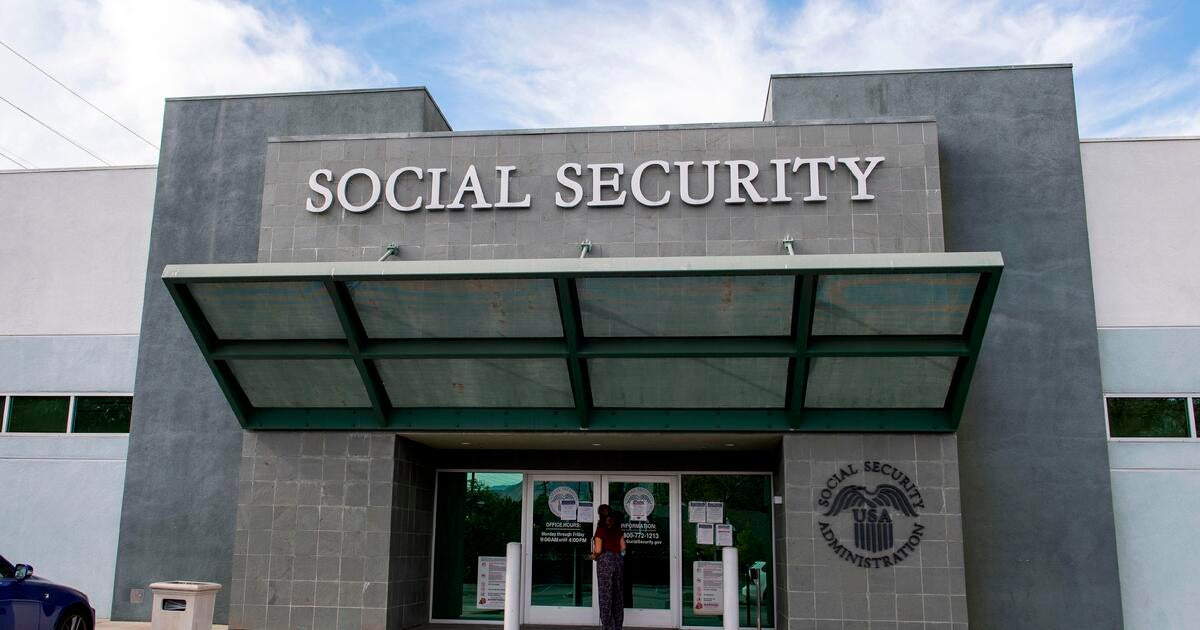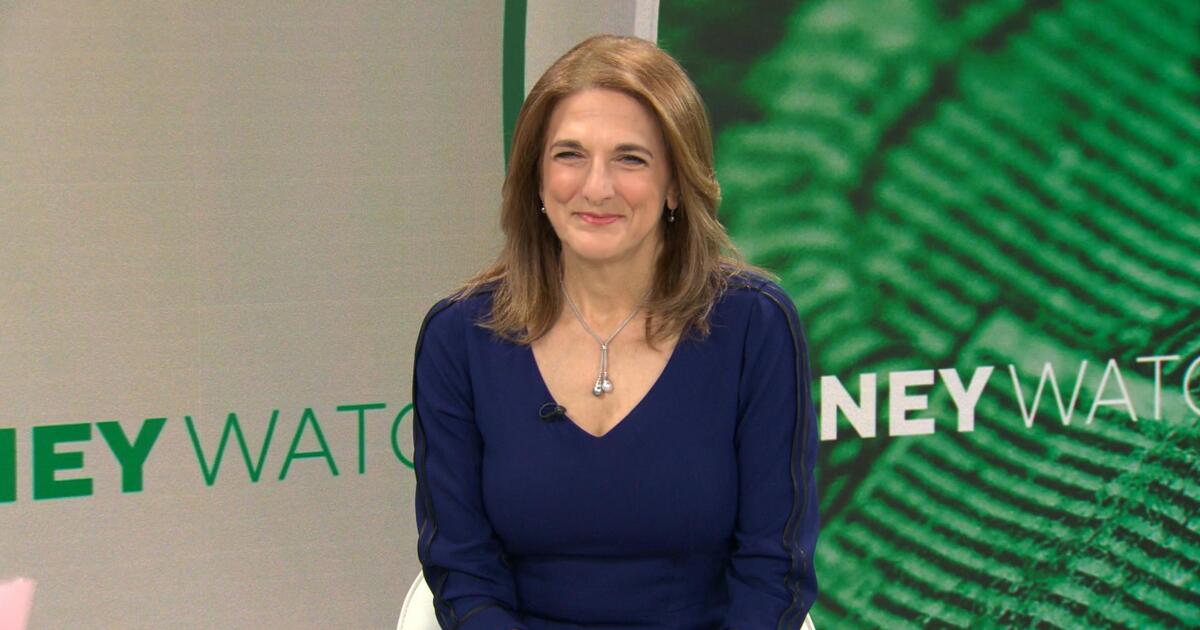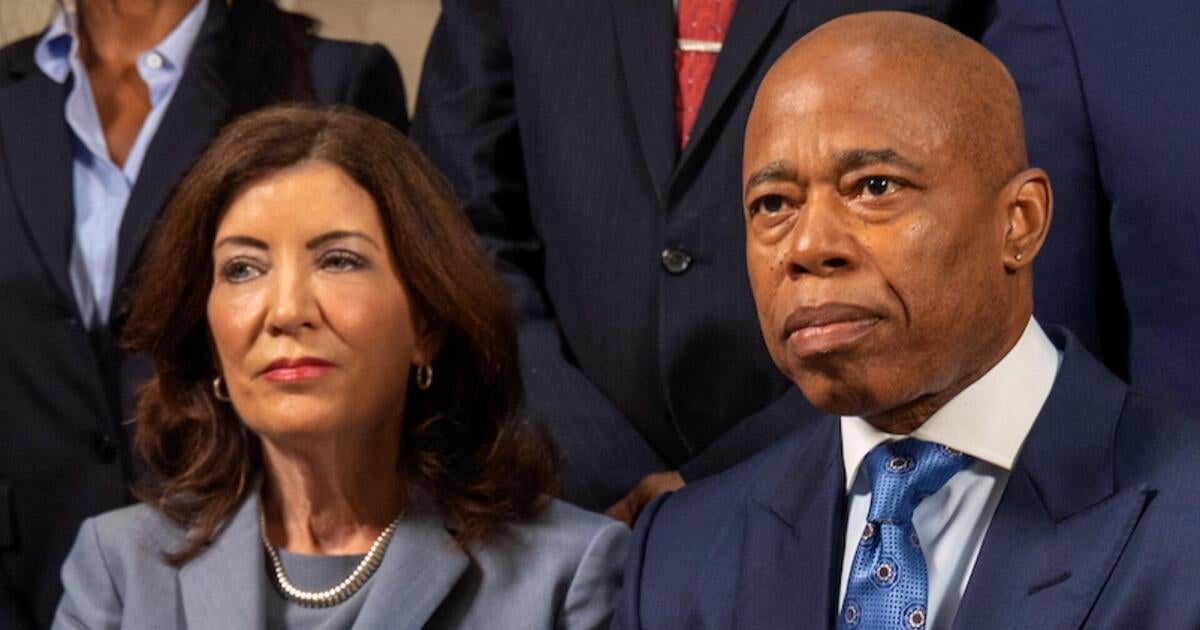Parents say off-label drug helped son with autism
Caroline Connor’s concerns about her son Mason’s development began around his first birthday, when she noticed he wasn’t talking or using any words. Their pediatrician didn’t seem worried, but the speech delay persisted. At 2 and a half, Mason was diagnosed with autism.
The Connors went on a mission, searching for anything that would help.
“We just started researching on our own. And that’s when my husband Joe came across Dr. Frye in a research study he was doing,” Caroline said.
Dr. Richard Frye, a pediatric neurologist, is one of many doctors searching for treatments that can help kids with autism. He’s studying leucovorin, an inexpensive, generic drug derived from folic acid, also known as vitamin B9. It’s currently prescribed to ease side effects from cancer chemotherapy.
“It could really have a substantial impact on a very good percentage of children with autism,” Frye said.
The theory behind the drug’s use for autism postulates that some children have a blockage in the transport of folic acid into the brain that potentially contributes to some of the neurological problems associated with the disorder. Leucovorin bypasses that blockage and can help some autistic kids improve their ability to speak.
Mason Connor’s first words came just three days after he started taking leucovorin at the age of 3, his parents say.
Doctors can currently only prescribe the drug for autism off-label, which means repurposing a drug approved for one condition to treat another.
“We’ve done the science, and the next step is that we want to get more funding so we can actually get it FDA approved,” Frye said.
But there’s one big problem.
“Leucovorin’s an old drug and you can get it for a very low price. So nobody is going to make a lot of money on it. So there’s no reason for them to invest,” Frye said.
An estimated 20-30% of all prescriptions in the U.S. are off-label, according to nonprofit Every Cure. There are more than 14,000 known human diseases with no FDA-approved drugs to treat them.
Dr. David Fajgenbaum says he’s “literally alive today from a repurposed drug” after he was diagnosed with a rare cancer-like disease that almost killed him. His research into his disease led to a drug meant for another condition.
“It’s heartbreaking to think about drugs being on the pharmacy shelf while someone suffers from a disease,” Fajgenbaum said.
His nonprofit, Every Cure, uses AI to scour available medical data on diseases and treatments to uncover potential matches.
“I think our system is just flawed and there’s this major gap where drug companies are great at developing new drugs for new diseases, and we as a system are really lousy at looking for new diseases for old drugs,” Fajgenbaum said.
Mason is now 5 years old, and the plan is for him to start mainstream kindergarten in the fall — helped toward a new path by an old medicine.











